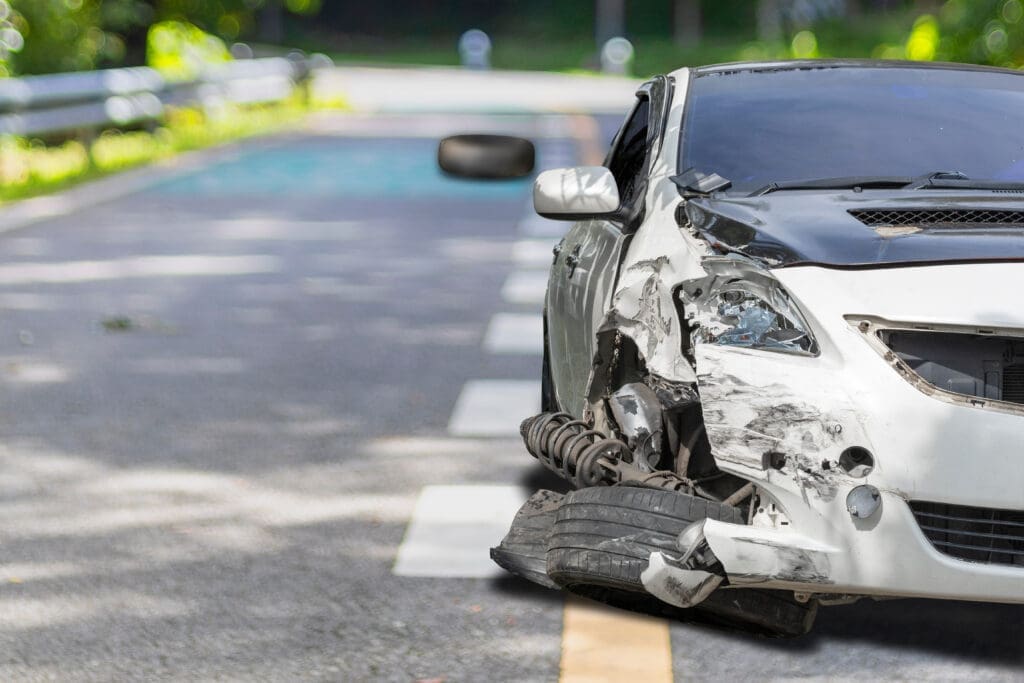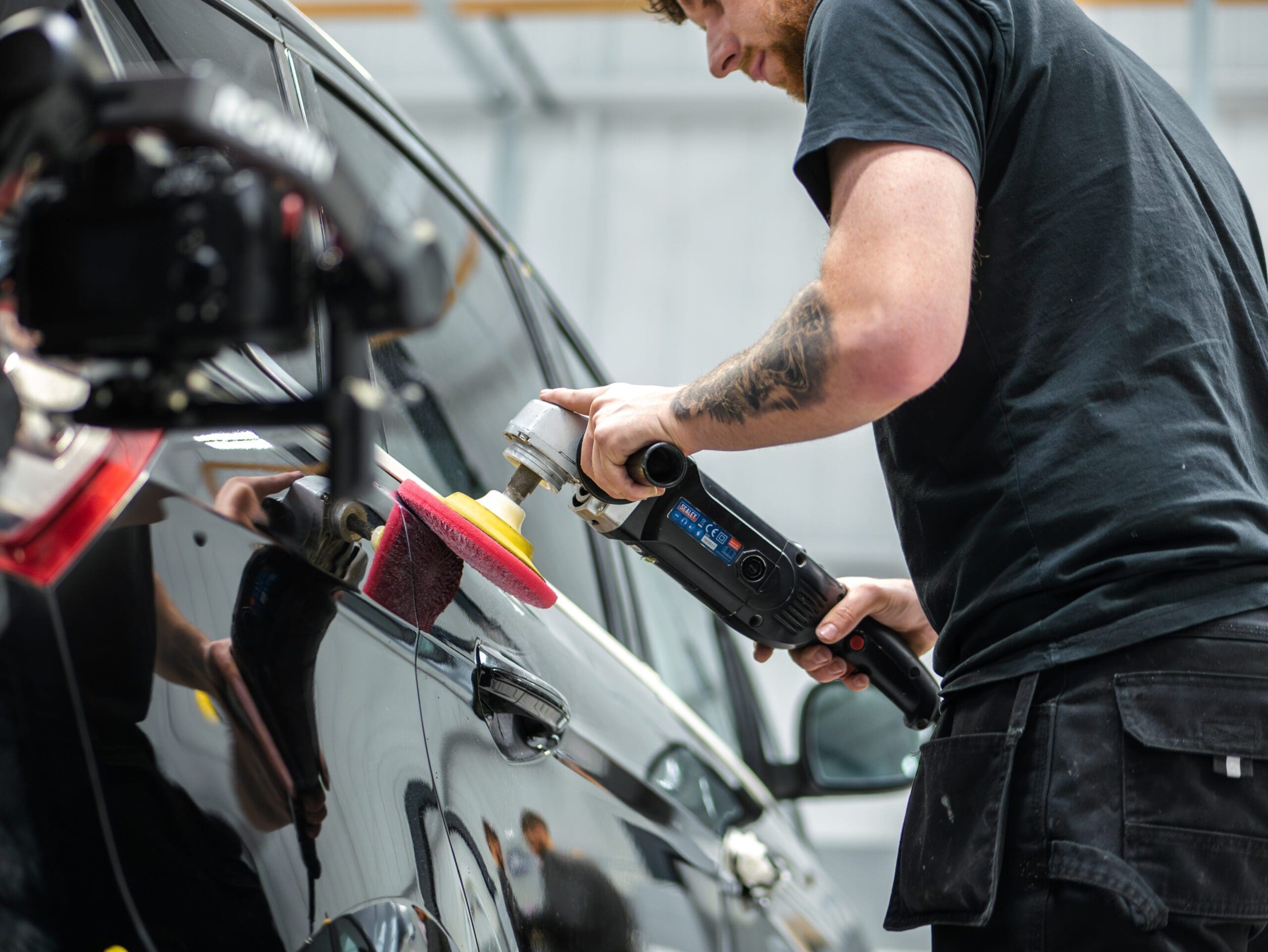Nobody wants or expects to be in a road incident, but when it happens, drivers are often left wondering what will happen to their car.
At Activate Accident Repair, we work with some of the UK’s leading insurers to repair their policyholder’s vehicles after a collision. We put pride into restoring vehicles to their pre-accident condition – using the best parts and methodology, and supporting repair customers throughout every step of the journey.
Here, we discuss what happens when your vehicle needs repairing after an accident, and how insurers decide whether it can be repaired.
Accident Repair FAQs:

Who decides if my car can be repaired after a crash?
In the UK, your insurer will decide whether your vehicle can feasibly be repaired after an accident. This depends on a number of factors, including the severity of the damage, the cost to repair the vehicle, and the total projected cost of your claim (including vehicle recovery, storage while awaiting repair, and any courtesy vehicles required in the interim).
Who repairs my car after an accident?
Your insurer usually works with repair partners, like us, to repair your vehicle. They will first work out if the repair is feasible, calculate the cost, then instruct a repair partner to undertake the job. Once the repair has been approved, your vehicle will either be recovered by the repairer to a bodyshop, or repaired by a mobile technician if the damage is less severe.
The method depends heavily on the severity of the damage sustained, whether your vehicle is roadworthy (able to be driven legally on the road), and the total cost of the claim.
What if my car is a write-off?
If your car is declared a ‘write off’ (total loss) by your insurer, this either means that the damage is too severe to be safely repaired, or the cost of the repair (or total cost of the claim) would exceed the vehicle’s assessed market value. If this happens, the vehicle will be assigned to one of the following total loss categories:
Category A
If your vehicle is declared a Category A write-off, it will need to be completely disposed of by a licensed salvage professional – including all parts and components, as per legal requirements.
Category B
If your vehicle is a Category B write-off, it will need to be disposed of (scrapped) by a licensed professional. However, parts may be retained, or reused in future repairs.
Category S
A Category S write-off means that the vehicle, in theory, could be repaired – but the damage is structural, and the estimated cost of repair exceeds its estimated market value. You might be able to keep a category S vehicle, depending on the terms of your insurance policy, but this write-off status will be kept on record.
Category N
Category N is the least ‘severe’ write-off category. This means that the vehicle’s damage is non-structural, but the estimated cost of its repair would exceed its calculated market value. If your vehicle is declared a category N total loss, you might be able to keep it, depending on the terms of your insurance policy, but the status will be recorded on the vehicle’s record as per legal requirements.
Why won’t my insurer repair my car?
If your insurer has decided not to repair your car after an accident, it’s likely because the total cost of your claim exceeds the vehicle’s market value, or the damage is so severe that the vehicle cannot be restored to roadworthy condition. You might be able to keep your vehicle, depending on its write-off category, but your insurer will not cover the cost of its repair. Consult your insurer, or your insurance policy, if you’re in doubt over your insurers’ decision to not repair your vehicle.
How long does an accident repair take?
The duration of repairing a vehicle after an accident depends on a number of factors, including the scale of the damage, the complexity of the repair, the delivery times of parts, and the technological complexity of the vehicle. Contact a repairer or your insurer directly to understand how long your repair might take.
In Summary
Whether or not a vehicle can be repaired by your insurer after an accident depends on a number of factors, including:
- The scale of the damage sustained
- The market value of the vehicle
- The availability of parts & components
- The total cost of your insurance claim
If your insurer declares your vehicle a ‘write-off’, this either means the total cost of the claim exceeds the vehicle’s market value (including courtesy cars, recovery, and storage), or the vehicle is too severely damage to be restored to roadworthy condition.
Activate Accident Repair works alongside some of the UK’s best-known insurers, fleets, and brokers to repair vehicles involved in collisions. Our bodyshops employ market-leading methods, secure the most appropriate parts, and have technology on-site to repair onboard technology – including EVs and Hybrids.


Leave a Reply